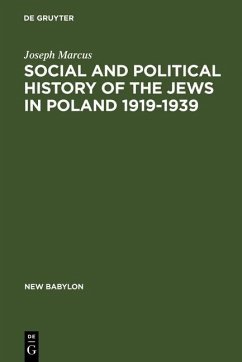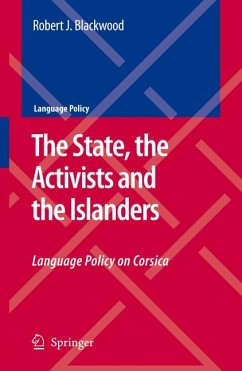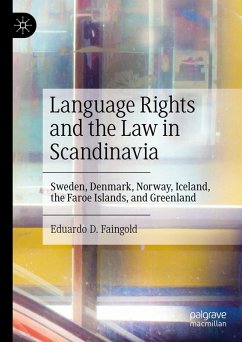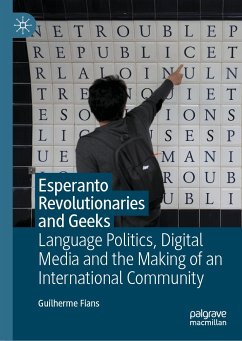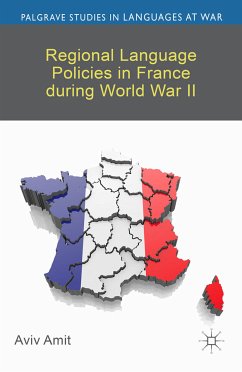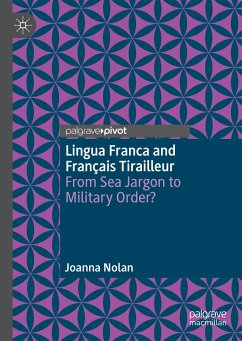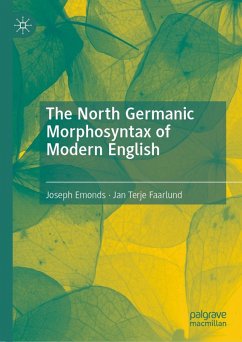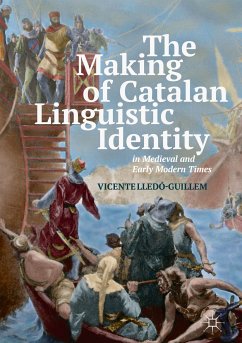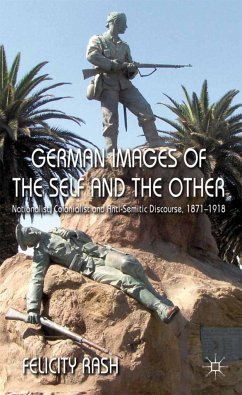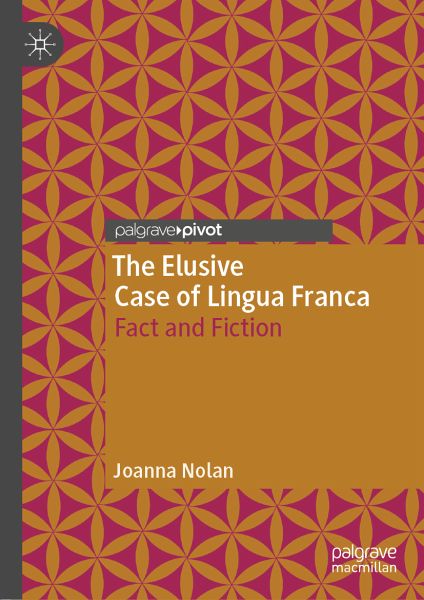
The Elusive Case of Lingua Franca (eBook, PDF)
Fact and Fiction
Versandkostenfrei!
Sofort per Download lieferbar
52,95 €
inkl. MwSt.
Weitere Ausgaben:

PAYBACK Punkte
26 °P sammeln!
This book explores many of the unanswered questions surrounding the original and eponymous Lingua Franca, a language spoken by peoples across the Mediterranean and North Africa for nearly three centuries. Allowing people from different countries, classes and cultures to interact with one another for the purposes of trade, piracy, slavery and diplomacy - among many other domains - Lingua Franca was lexified by Romance languages, including Italian and its dialects, Spanish, French and Portuguese, with possible Turkish and Arabic influences as well. The potential unreliability of source accounts,...
This book explores many of the unanswered questions surrounding the original and eponymous Lingua Franca, a language spoken by peoples across the Mediterranean and North Africa for nearly three centuries. Allowing people from different countries, classes and cultures to interact with one another for the purposes of trade, piracy, slavery and diplomacy - among many other domains - Lingua Franca was lexified by Romance languages, including Italian and its dialects, Spanish, French and Portuguese, with possible Turkish and Arabic influences as well. The potential unreliability of source accounts, the blurring of fact and fiction across documentary and dramatic sources, and the linguistic biases and plurilingual repertoire of many of Lingua Franca's speakers all combine to make Lingua Franca an elusive topic for examination. The author draws upon previously unexplored documentary evidence, including correspondence from the era found in The National Archives at Kew, to shed light onthe multilingual and plurilingual landscape that fostered Lingua Franca's development and spread, and its influence on the written domain. This book will be of interest to students and scholars of colonial history, linguistic anthropology, sociolinguistics and language contact.
Dieser Download kann aus rechtlichen Gründen nur mit Rechnungsadresse in A, B, BG, CY, CZ, D, DK, EW, E, FIN, F, GR, HR, H, IRL, I, LT, L, LR, M, NL, PL, P, R, S, SLO, SK ausgeliefert werden.
Alle Preise in Euro und inkl. der gesetzl. MwSt. | Innerhalb Deutschlands liefern wir preisgebundene Bücher versandkostenfrei. Weitere Informationen: bitte hier klicken
Support
Bitte wähle dein Anliegen aus:
Rechnungen
Bestellstatus
Retourenschein
Storno



